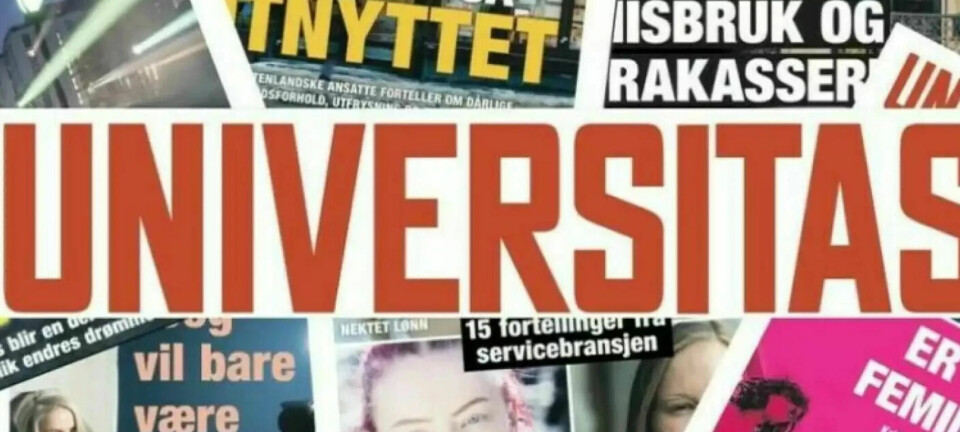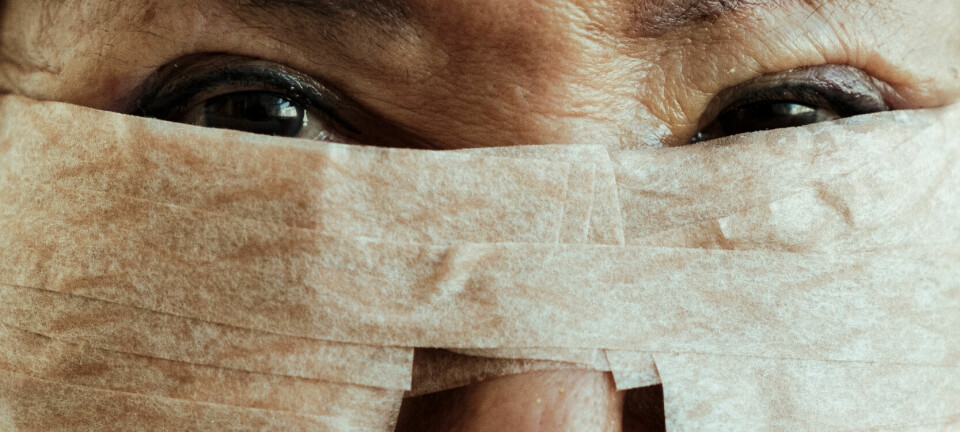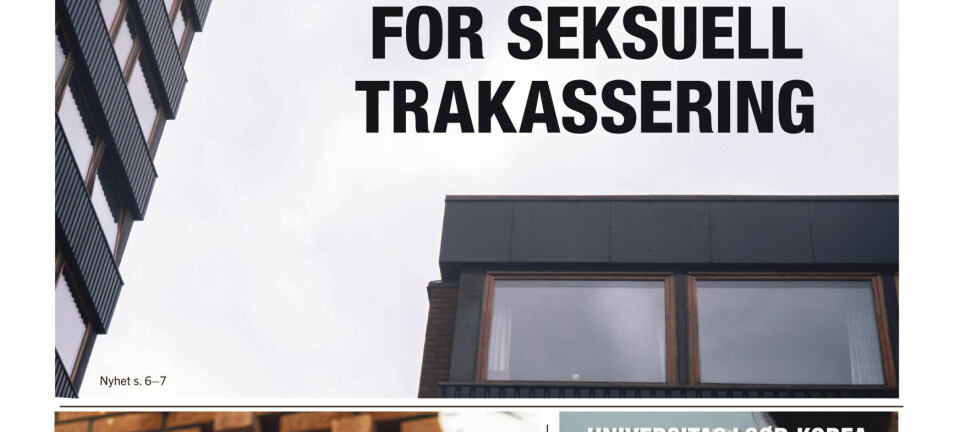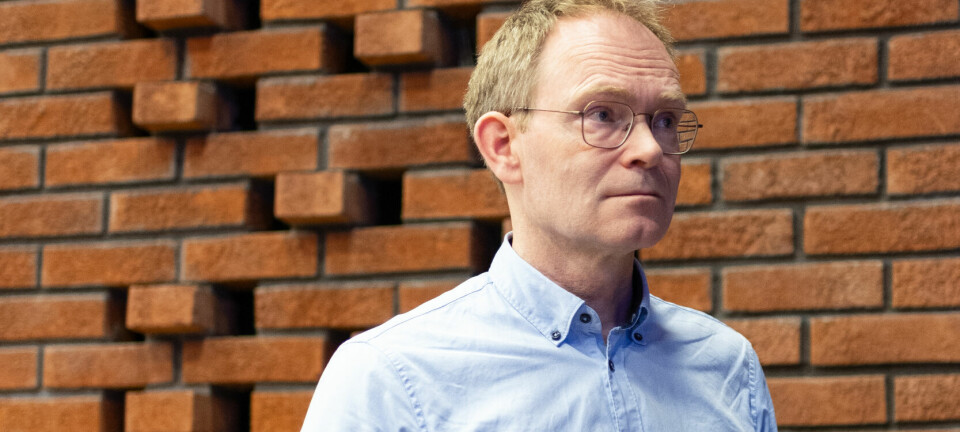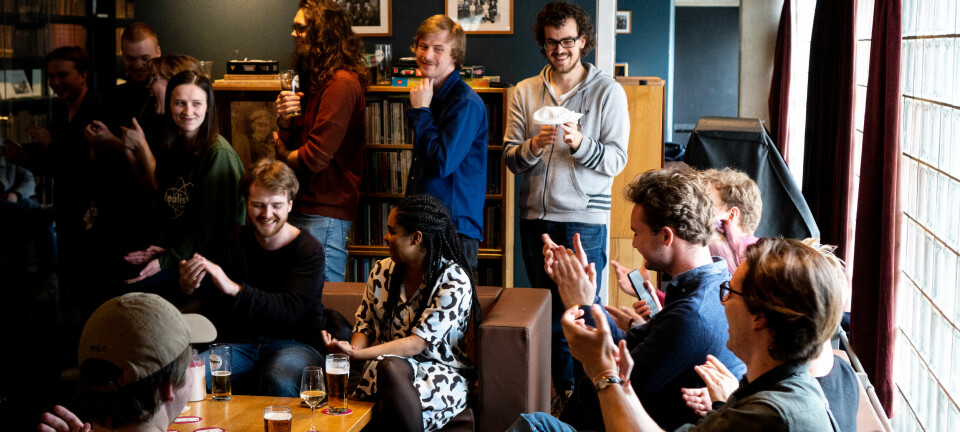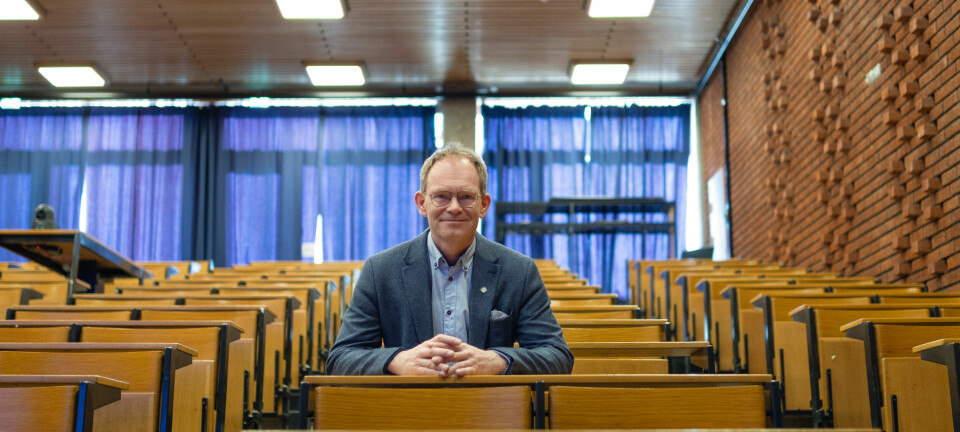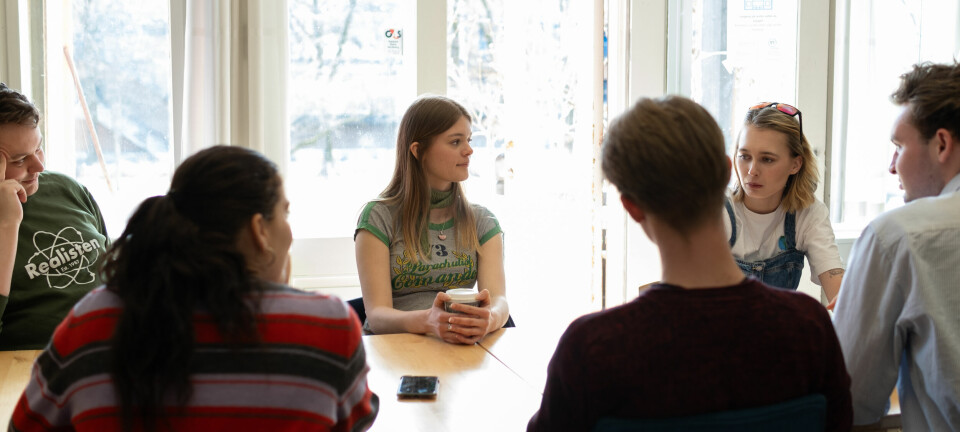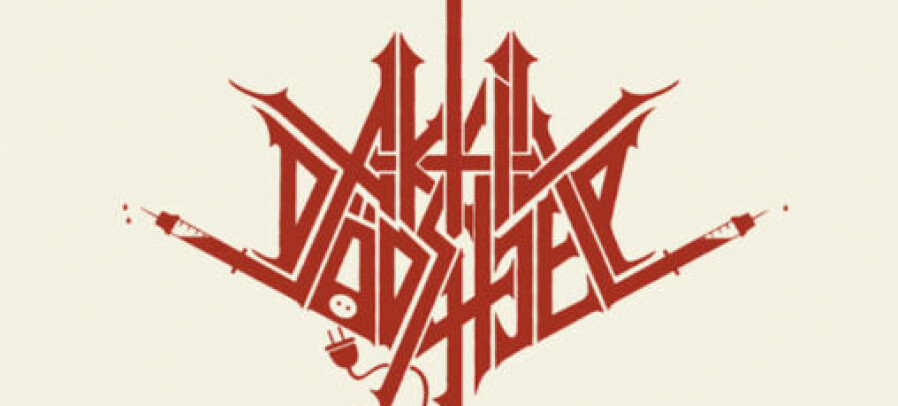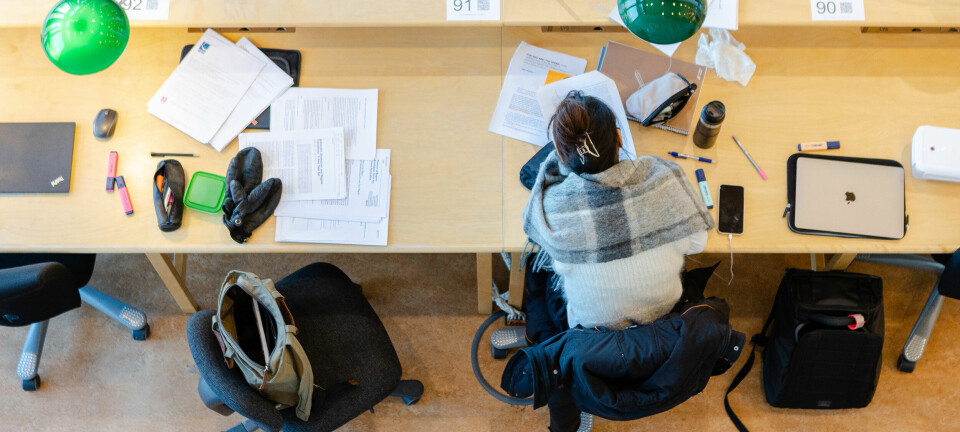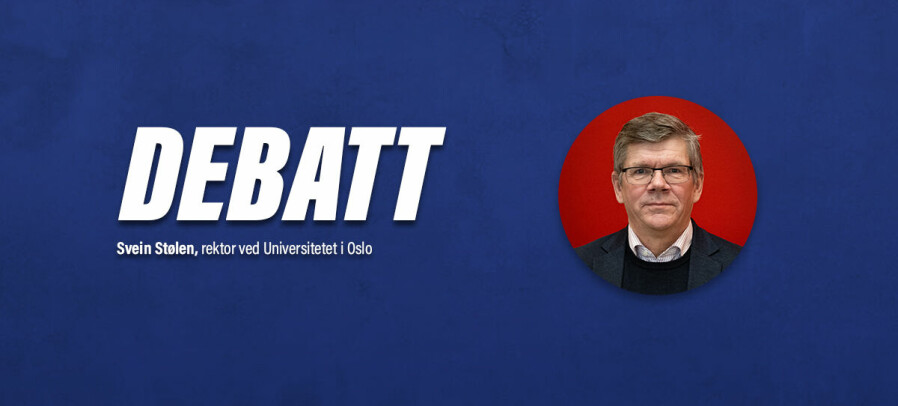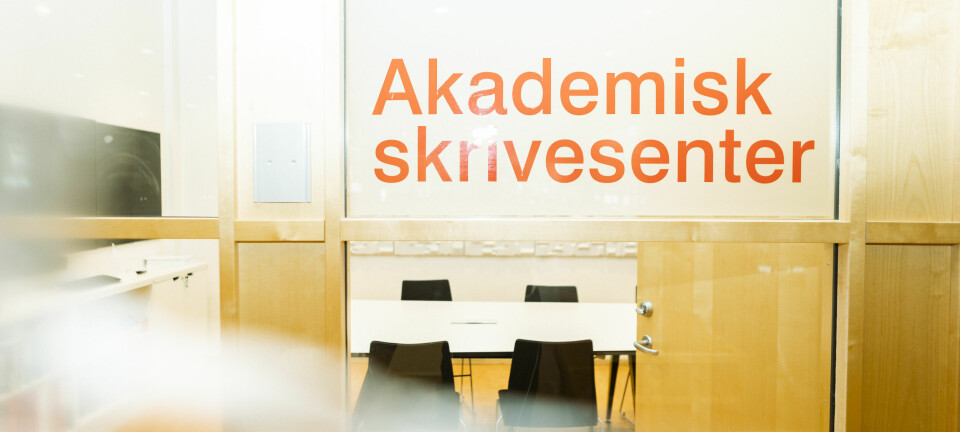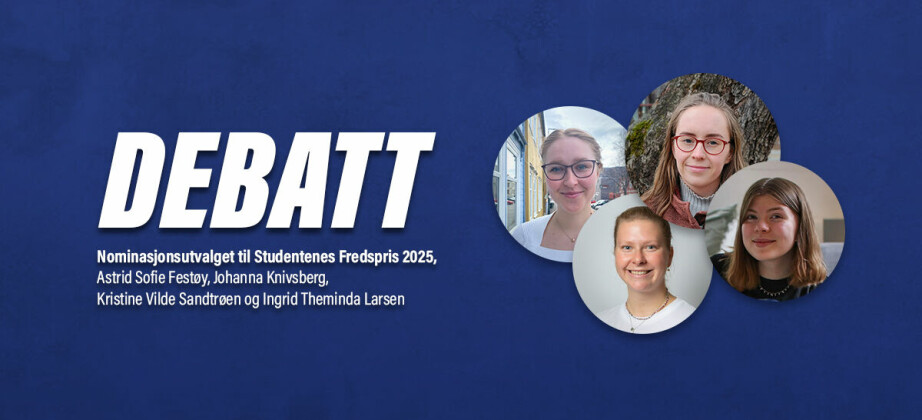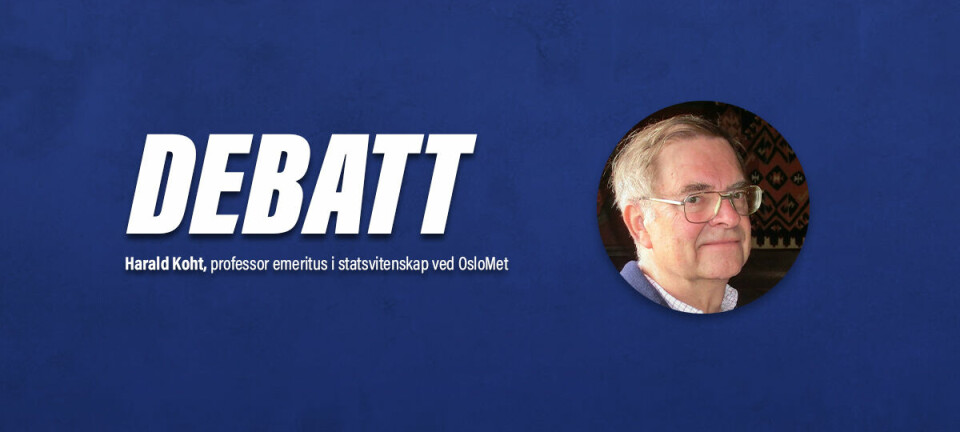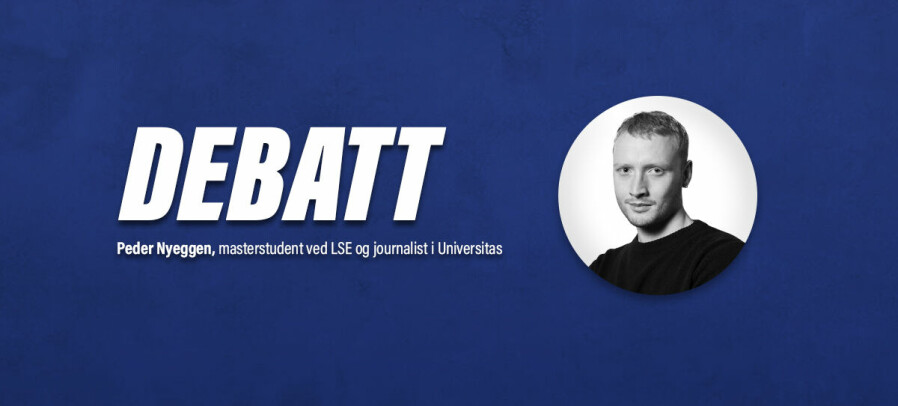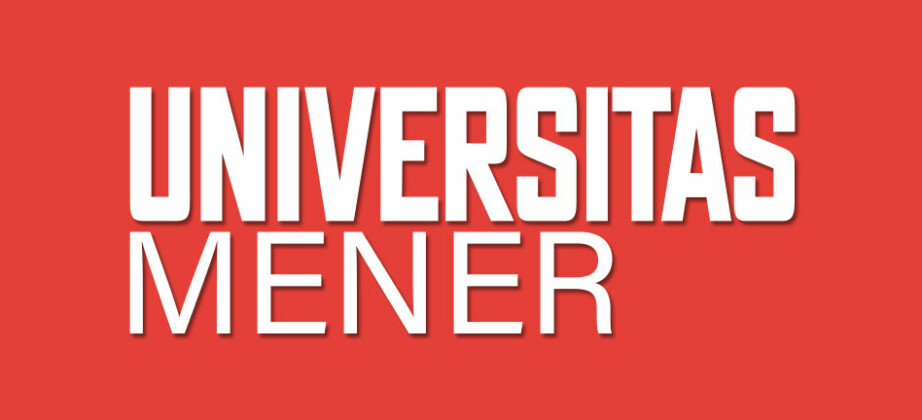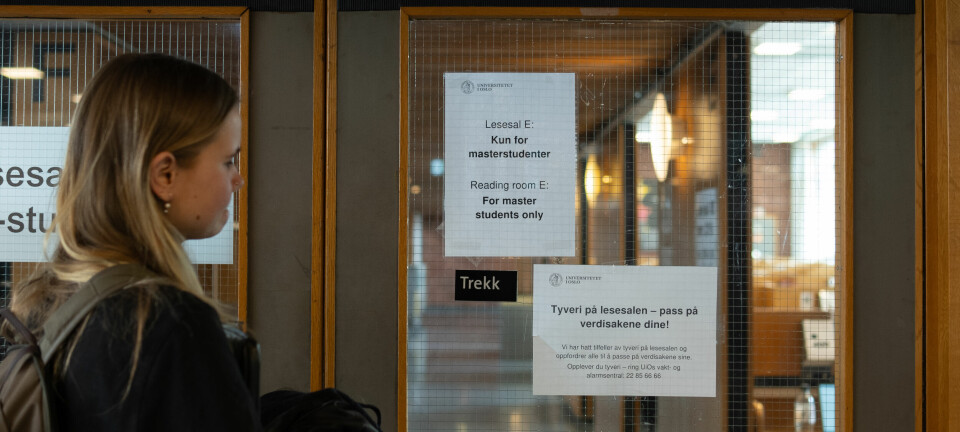
Fears shutdown of popular education aid program
Alice Muthua studied four years in Norway through the «Quota Scheme», a Norwegian education aid program. From 2016, the Norwegian Student Organization (NSO) fears that program are severely weakened.
Yearly, 1100 students from developing countries, the Western Balkans and Eastern Europe are granted the opportunity to study in Norway through the Quota Scheme. The students receive a loan for four years, and if they decide to leave Norway and settle in their home countries, the entire loan gets deleted. Alice Muthua (30) is one of the students who received the Quota Scheme scholarship to study in Norway.
– I came as a 22-year-old from Nairobi to University College Volda. The first year included an intensive course in Norwegian, and then I moved on to take a bachelor degree in social work and child welfare. The learning curve has been extremely steep, and I have gained knowledge and opportunities I never would have experienced by staying at home. The Quota Scheme is unique, she says.
«Significant developmental impact»
The scheme was established in 1994 and up until 2012 5530 students had participated. 70% of the students from developing countries returned to their home country after graduation, and an evaluation of the scheme showed that it had a «significant developmental impact».
Education as development is a well-known and well-documented strategy within development assistance. Recently, the Norwegian government invited several Ministers of Education from development countries to the conference «Education for Development» in Oslo. Nevertheless, the program is now due for a potentially severe reformation.
Concerned
In the State Budget for 2016, the Norwegian government proposes to phase out the quota scheme and replace it with new partnership program with the developing economies (BRICS), Brazil, Russia, India, China and South Africa, in addition to Japan and «a selection of countries in the South». The details of the scheme are yet to be known, and NSO and the International Student Union (ISU) are concerned.
NSO fears that the old system will be weakened, and lose the important function that it has today – namely development and capacity building in the students’ home country.
– With the proposed changes, it seems that the government will make use of the quota system to promote economic policy, foreign policy and strategic cooperation with the so-called «emerging economies» or BRICS countries. The quota scheme should be promoting development, not strategic internationalization, says the president of NSO, Therese Eia Lerøen.
Ministry of Education: The current quota scheme is not working
State Secretary of the Ministry of Education, Bjørn Haugstad, disagrees with NSO’s concerns. He points out that the BRICS countries are covered by the present system.
– These countries account for a growing share of the global production of knowledge, and it is important that Norway and Norwegian institutions to have close ties with them, says Haugstad.
He claims that the current quota system is not working well enough, and suggests turning the use of funds to more accurate arrangements.
Relevant and important
In contrast, Alice says that the years in Norway have been relevant and important.
– In Kenya, we have an obedience culture, and the society is characterized by a strong social hierarchy. One does not ask questions to those who stand above you on the social ladder. Through my education in Norway, I have learned the value of critical and independent thinking, she says.
After Alice finished in Volda, she attended a master at Norwegian University of Life Sciences in Ås. Today she works at a rehabilitation center for children and as an intern in the Christian Association. When she returns to Kenya in about six months, she wants to work with issues such as development, children and youth, and gender equality.
– Few Africans will have the opportunity to study in Norway if the quota scheme is closed down. I really hope the government turns in this issue, and secures that students from developing countries can have this opportunity in the future.


